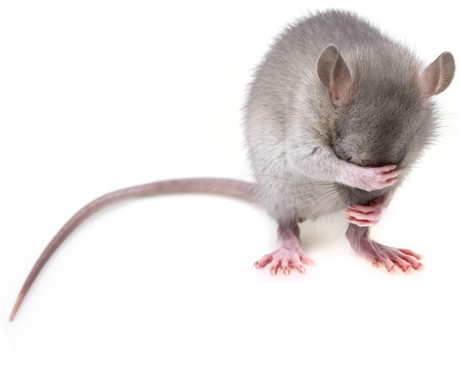Mouldy food power

Poor food preparation or packaging delayed the latest SpaceX Dragon cargo launch from Florida's Kennedy Space Center.
The unmanned CRS-16 mission was due to deliver 2540 kg of supplies and science experiments to the International Space Station (ISS). Among the supplies was food intended for the experimental mice but the whole launch was delayed after some of the mouse food bars were found to be mouldy.
The Rodent Research-8 (RR-8) investigation is looking at the physiology of ageing in response to microgravity and the role of ageing in the onset and progression of disease. Two groups of 20 BALB/cAnNTac strain female mice (10 young and 10 old per group for a total of 40 mice) live aboard the ISS in specially designed rodent habitats for durations of one and two months.
The first group of young and old mice returns to Earth live after 30 to 40 days. The second group of animals remains on the ISS for approximately 60 days. In both cases, animals are euthanised and tissue samples are harvested for subsequent study and comparison with Earth-based control groups.
The tissue samples taken from the mice are highly sought after and can provide researchers with better insight into disease processes related to bone loss, immune dysfunction, cardiovascular deconditioning and loss of skeletal muscle mass and strength, to name a few. These insights may lead to new therapeutics for use in space or on Earth.
Chocolate consumption trends in the US
Chocolate sales hit a new high in the US as it remains an 'affordable treat' duing...
Ready-made infant, toddler food study finds some falling short on nutrition
Some ready-made foods for infants and toddlers being sold in Australia are not meeting WHO...
PepsiCo achieves 3.5 Health Star Rating with chip ranges
PepsiCo Australia has achieved a 3.5 Health Star Rating (HSR) for its low-salt and baked potato...














